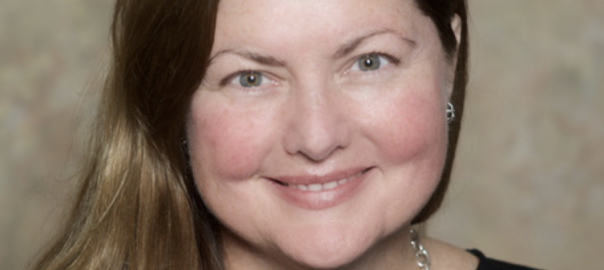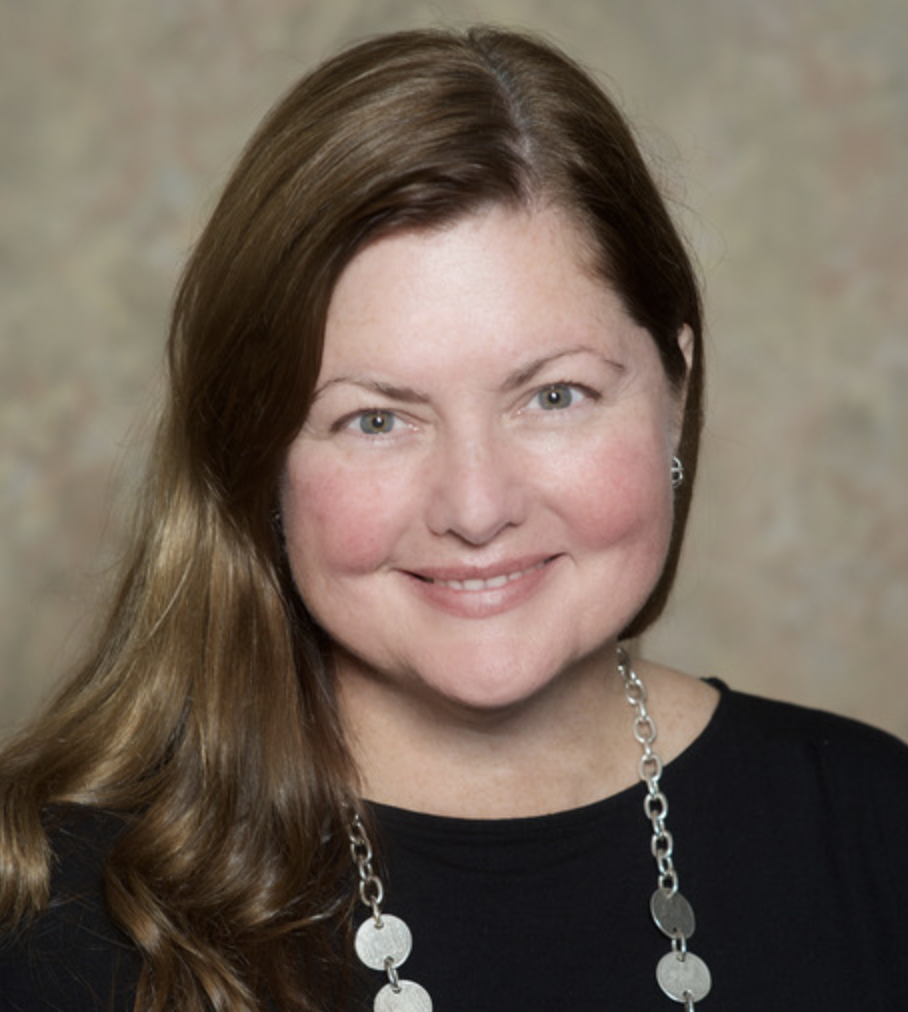
New law means more jobs for New Yorkers with disabilities – Gov. Hochul: “More work to be done”
Just over a month ago, Gov. Kathy Hochul made yet another bold statement in support of a community of New Yorkers that for years had struggled to get a fair shake in Albany.
The Governor had already made it clear that people with disabilities were a priority – notably by her budget priorities, administrative appointments, and creation of the state’s first Chief Disabilities Officer.
Then in early October she used her Governor’s pen to sign legislation that expands job opportunities for people with disabilities and updates – for the first time in almost 50 years – New York State’s national model Preferred Source Program.
We’re seeing an administration, led by the Governor and her appointees, putting its full force and weight behind the disabilities community in an effort to improve people’s lives, increase inclusion and lower the remarkable 67 percent unemployment rate for people with disabilities.
Governor Hochul has led the way but this effort has many champions. Both the Senate and Assembly passed the bill unanimously. Non-profits that support people with disabilities backed the bill. SUNY’s Rockefeller Institute crunched the numbers and quantified the vast economic and social impact created when people with disabilities have good jobs. At news conferences across the state, we’ve heard workers with disabilities speak inspiringly about what their jobs mean for themselves and their families.
The Preferred Source Modernization Act is an Albany rarity – a bill with only winners and no losers. It brings New York’s landmark program of job support for persons with disabilities into the 21st Century, and continues the life-saving work begun by then-Gov. Hugh Carey and the Legislature in the aftermath of the Willowbrook scandal.
The new law marks the first major modifications in the Preferred Source Program since it was enacted in 1975.
The Preferred Source Modernization Law:
- Modernizes multiple terms within the Preferred Source statute including references to “workshops” and “severely” disabled.
- Simplifies the process for approving Preferred Source contracts to make it closer to other diversity and inclusion contracting initiatives. Right now, the OGS review threshold is $50,000, a level set 14 years ago. The Rockefeller Institute recommended it be raised to $250,000. The bill raises it to $100,000.
- Expands employment opportunities for people with disabilities by establishing that the disabled ratio required on a given contract be performed by people with disabilities from 75 percent to 50 percent. This may seem counterintuitive but recognizes the fact that much of the employment now takes place in community-based settings with competitive wages in which persons with disabilities work side by side with people without disabilities. Also, the lower the ratio, the more jobs that are made available to people with disabilities.
Hundreds of bills get passed by the Legislature and enacted by the Governor each year. Often, that’s just the start of the work, as the new law needs to be implemented. In the case of the Preferred Source Modernization Act, that work will fall to state agencies including Labor, Civil Service, Mental Health, Children and Family Services, the Office for People with Developmental Disabilities and the Office of General Services, which oversees state procurements. I know under the Governor’s leadership, they will move swiftly to implement the new law.
New York State Industries for the Disabled (NYSID) is the non-profit authorized by New York State to administer the Preferred Source Program on behalf of hundreds of non-profit agencies and corporate partners working with people with disabilities. We’re eager to do our part to realize the goals articulated by Governor Hochul herself:
“For the New York Dream to be a reality, we must continue making our state inclusive, integrated and accessible for all,” Governor Hochul said as she proclaimed October Disability Rights and Employment Awareness Month. “[This] recognizes how far we’ve come toward this end and a realization that there is more work to be done to expand the rights of people with disabilities and ensure they have the same opportunities in the workforce as all New Yorkers.”
Maureen O’Brien is President and CEO of NYSID.

